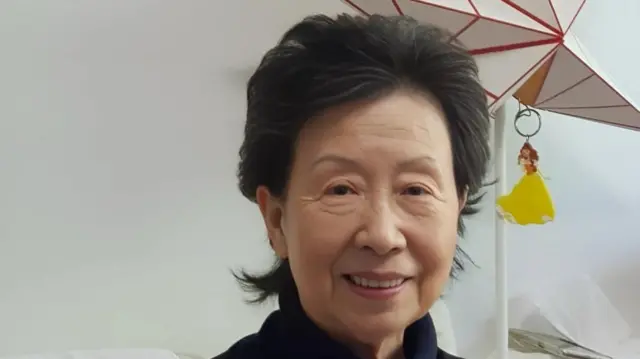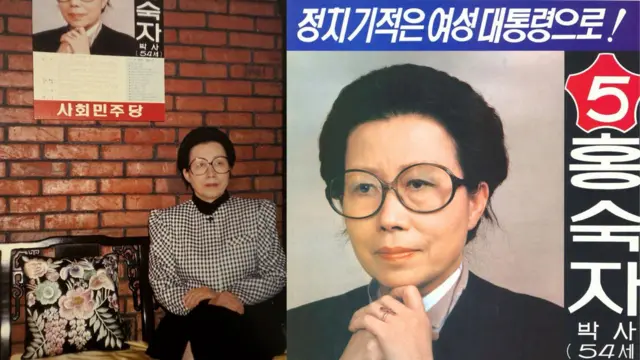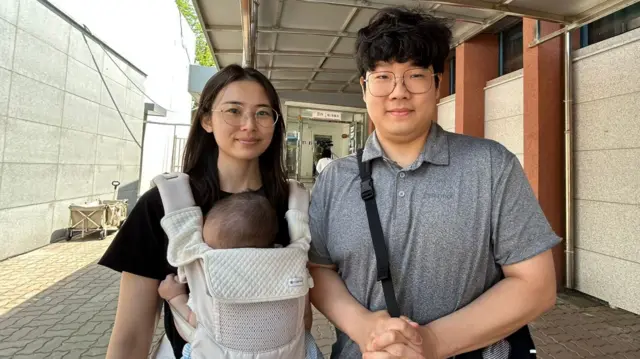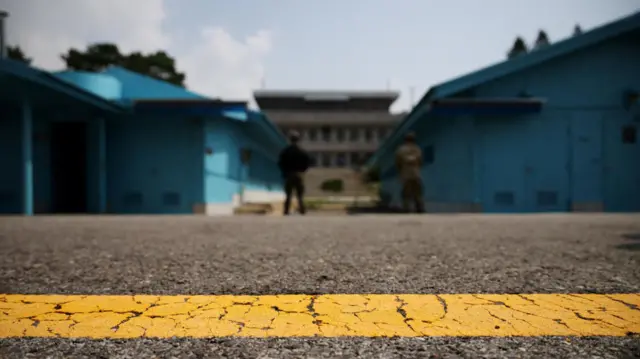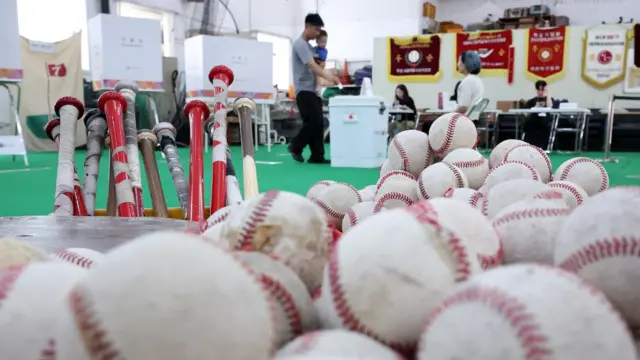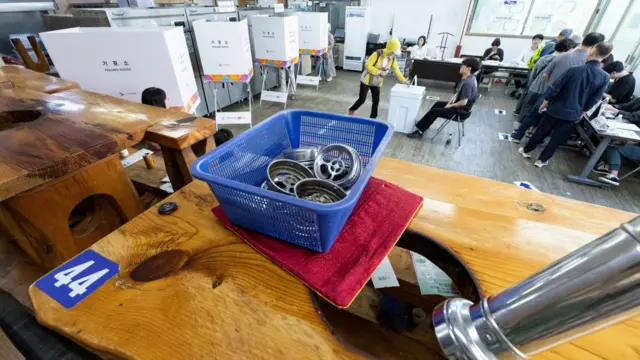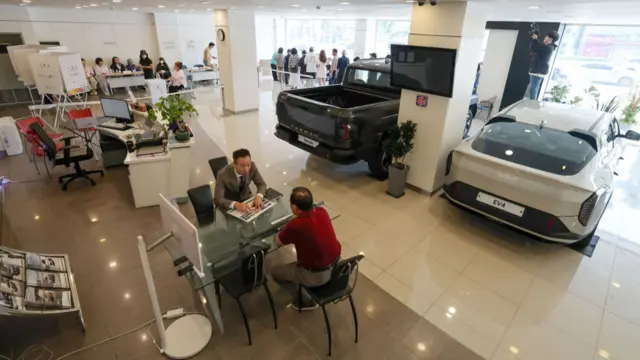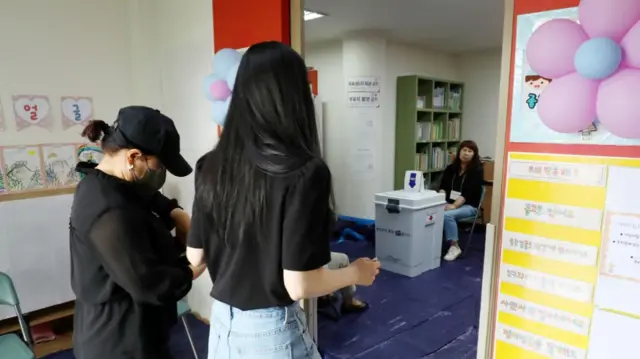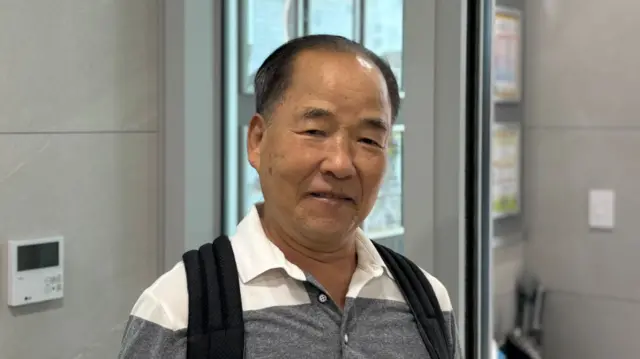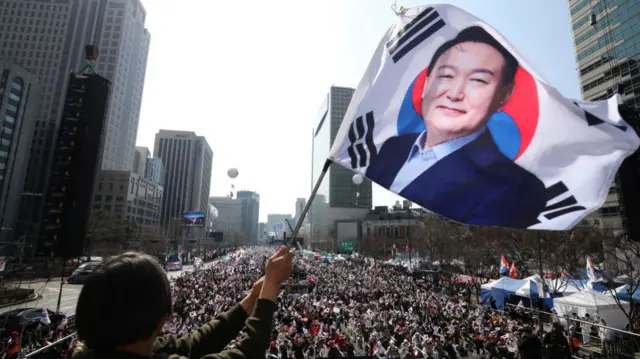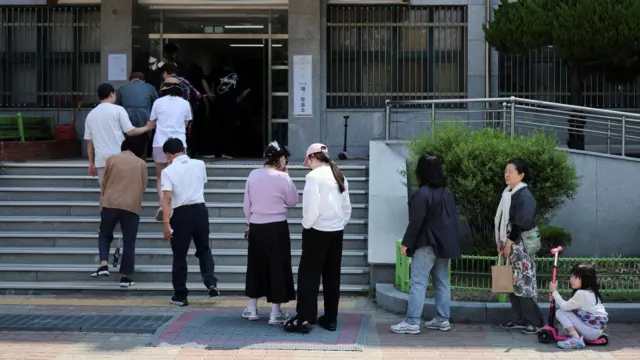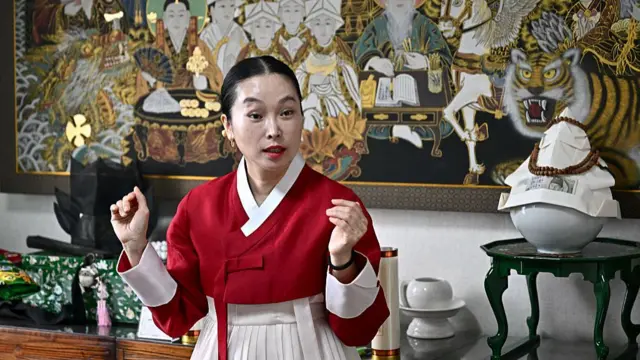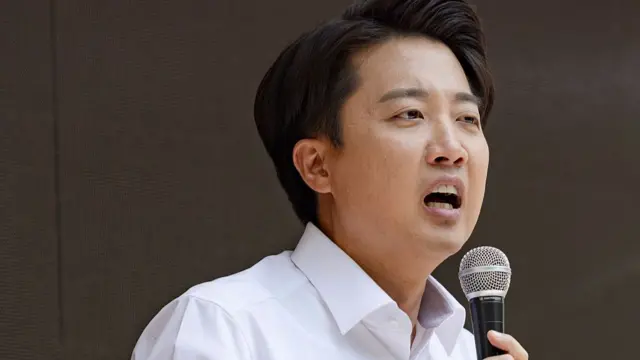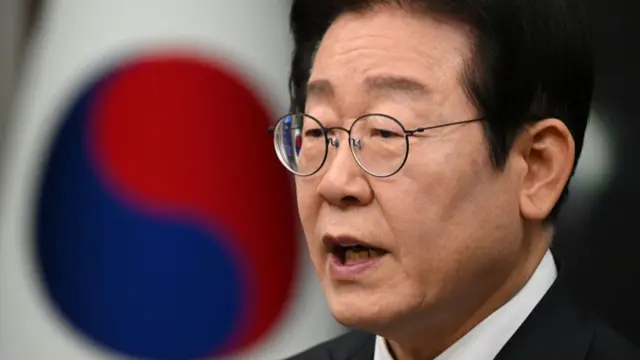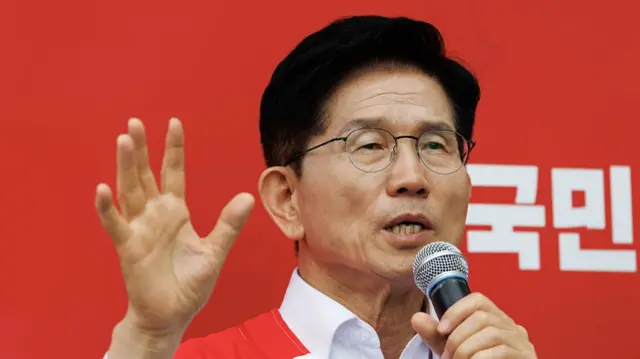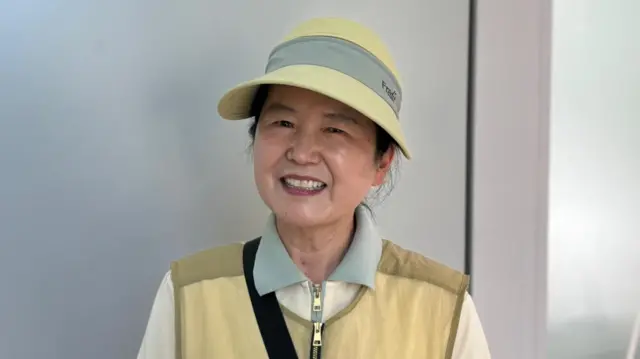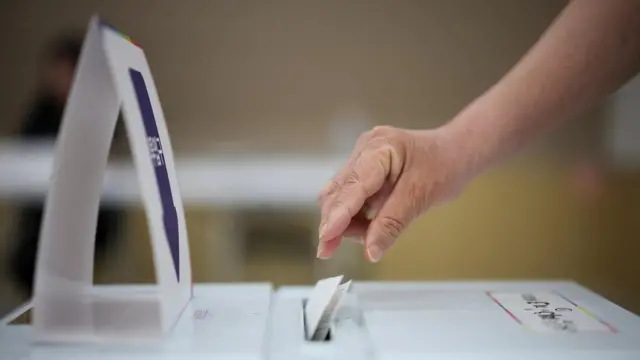
Martial law fractured South Korea. This election is a chance to healpublished at 05:35 BST 3 June
 Jean Mackenzie
Jean Mackenzie
Seoul correspondent
South Korea is still recovering from the martial law crisis last December, when then president, Yoon Suk Yeol, tried to orchestrate a military takeover. Although he failed and was impeached, the chaos he unleashed that night has festered.
While stuck in limbo, without a president, the country has become more polarised and its politics more turbulent. The main opposition candidate, Lee Jae-myung, has been campaigning in a bullet proof vest because of the number of death threats he says he has been getting.
This election is an opportunity to steer South Korea back onto safer, more stable ground, and heal these fractures. So rather than be decided on policy, it become predominantly a referendum on martial law.
The ruling party’s candidate Kim Moon-soo, until recently, defended President Yoon and his declaration of martial law. The opposition candidate has therefore portrayed himself as the only person who can ensure this never happens again.
Voters here are acutely aware of the significance of today’s vote, having almost had their democratic rights removed. Everyone I have spoken to has told me they plan to use their vote. “My vote is a piece of power”, said one 28-year-old data engineer. “I hope we have the power to save our democracy and make it greater than before”.
